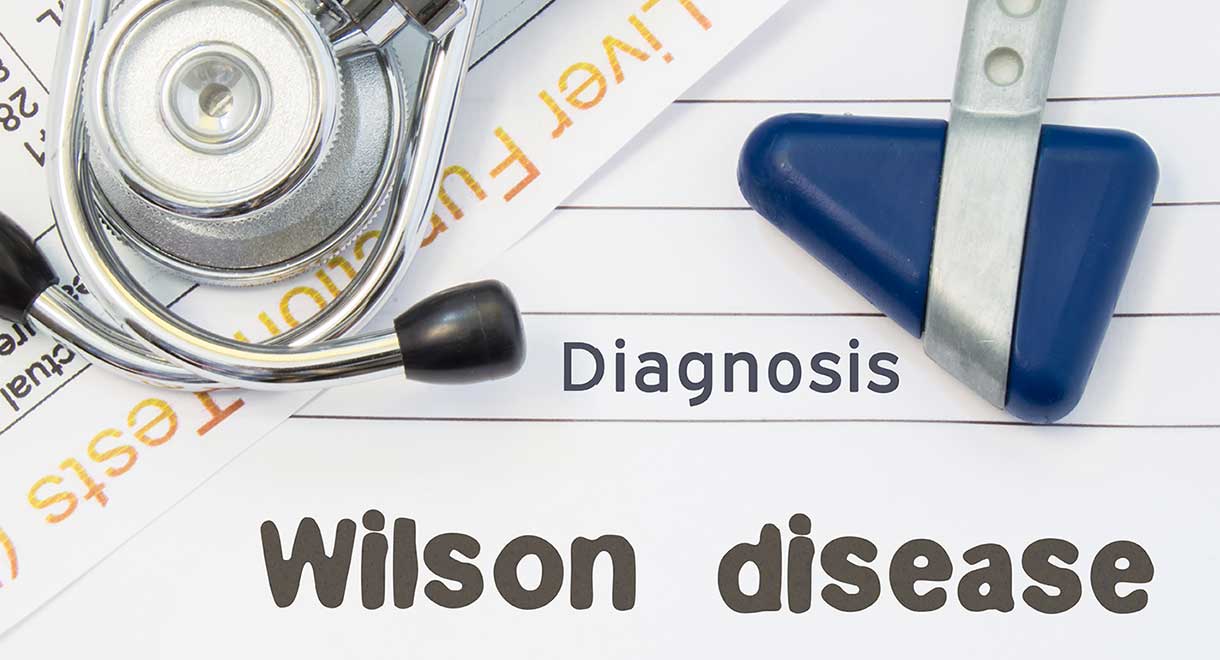Wilson’s Disease
Liver disease is serious and requires treatment and regular monitoring by a liver specialist.
A liver specialist is known as a hepatologist and you need to be referred by your family doctor or general practitioner. Over nearly 40 years of practicing medicine I have seen many patients develop severe liver disease, which sadly could have been prevented by early detection and early referral to a hepatologist. There needs to be more awareness of liver disease so that patients can be treated early so that we can prevent cirrhosis, liver failure and liver cancer. Make sure you have your liver function checked annually with a blood test.
I have presented my ideas on how to help those with liver diseases using nutritional medicine, which I have been using for many years with good success rates. However, my recommendations do not replace the care of your own doctor and you should remain under the care of your own doctor whilst using nutritional therapies.
If you have any questions you may contact my naturopath, Christine, on 623 334 3232 or email us at support@liverdoctor.com
Wilson’s disease
This is a very rare inherited disorder causing an inability of the body to metabolize the mineral copper. It results in very high and toxic levels of copper building up in the blood, liver and parts of the brain, leading to liver scarring (cirrhosis) and neurological disease.
Children affected with Wilson’s disease develop liver problems, whereas young adults have more neurological problems, such as movement and speech disorders and eventually dementia.
Treatment of this severe disease is performed by a specialist and involves the use of drugs such as D-penicillamine and triethylene tetramine. Zinc supplements are also used to reduce the copper. Effective treatment depends upon early diagnosis before permanent damage has set in. Wilson’s disease is one of the few inherited metabolic disorders for which there is effective treatment.
Nutritional medicine can help patients with Wilson’s disease
This consists of:
- The avoidance of foods high in copper e.g. organ meats, liver, shellfish, nuts, legumes, whole grains and their cereals and chocolates.
- Increasing the consumption of cruciferous vegetables, garlic, onions and ginger.
- Ensure a high fluid intake of 70 ounces (2 liters) daily to reduce kidney stones.
- Vitamin B6 and multi-mineral tablets (without copper) must be taken to reduce the side effects of D-penicillamine. The multi-mineral tablet should contain the mineral molybdenum.
- Zinc chelate 600 mg per day increases the excretion of copper.
- Antioxidants such as vitamin C 2000mg and vitamin E 1000 IU daily.
- N Acetyl Cysteine (NAC) 1800 mg and selenium 200 mcg daily will reduce free radical damage caused by the excessive copper.
These statements have not been evaluated by the FDA and are not intended to diagnose, treat or cure any diseases.


Leave A Comment